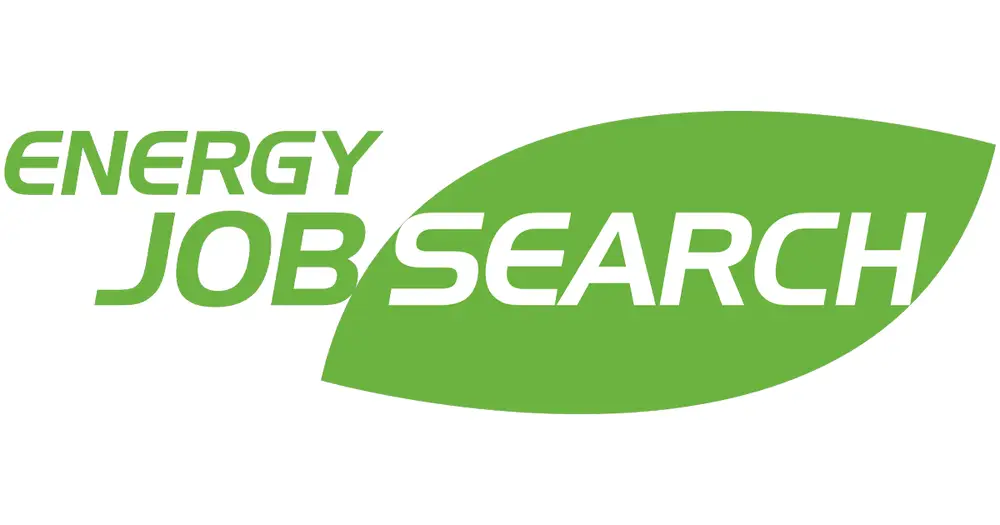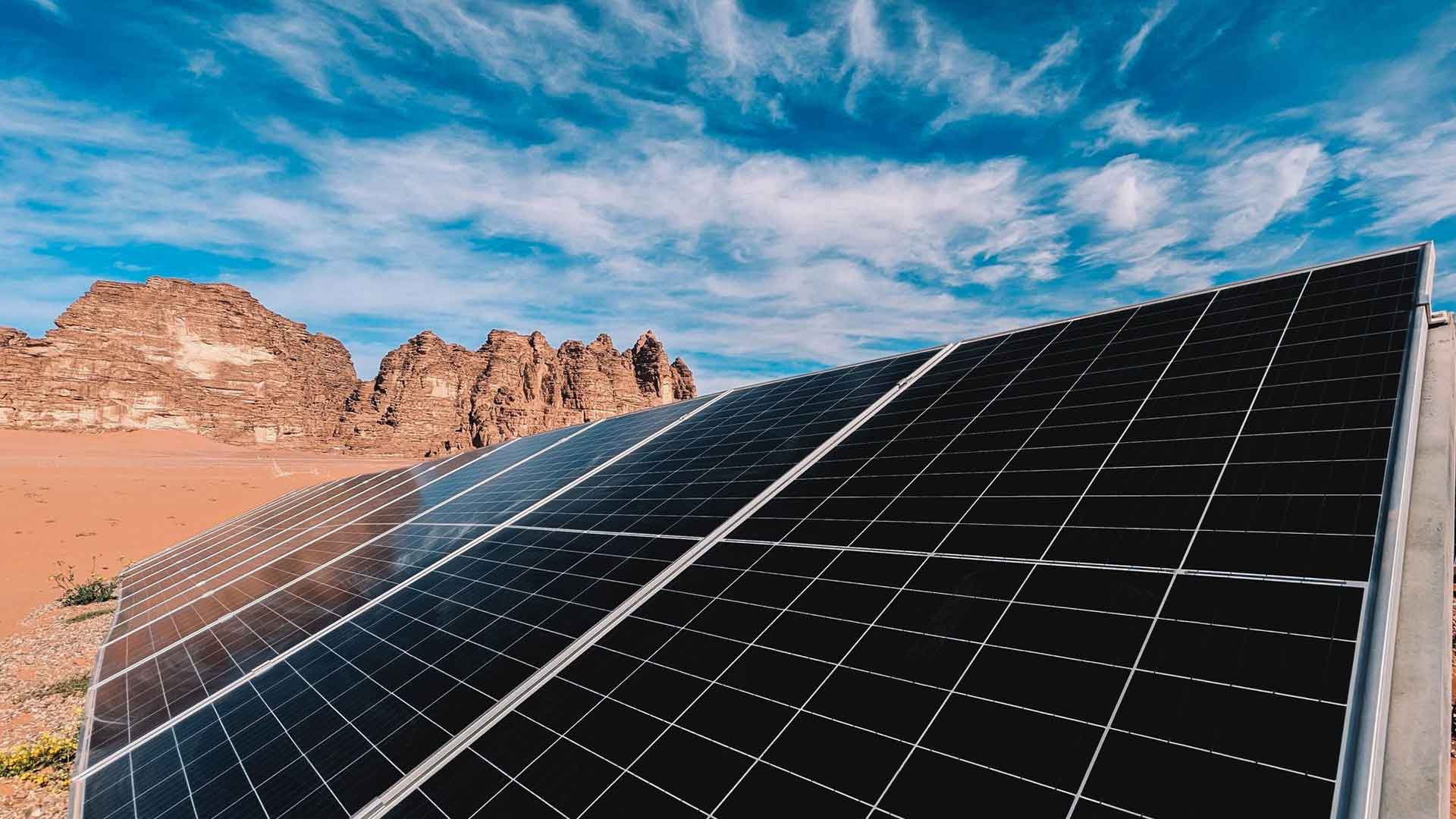Solar energy in the Middle East is a booming industry that is reshaping the region’s future.
From Saudi Arabia to the UAE, governments are investing billions in solar projects, which in turn is creating openings for new employees.
As a jobseeker in the Gulf or an experienced worker looking to pivot into renewables, the time to act is now. There are jobs for you, if you’re qualified, in the Middle East.
This guide breaks down where the jobs are, who’s hiring, and how to get in before the market gets crowded.
Why Solar Energy in the Middle East is Taking Off
Sunlight has always been abundant in the Middle East and now regional governments are taking advantage of it. Sunlight has been turned into a strategic asset and solar power an economic strategy, national sescurity move, and a major job engine.
Countries such as Saudi Arabia, the UAE, Oman, and Jordan are rolling out solar projects on a scale that wouldn’te seemed impossible just a decade ago.
The reason? Oil can no longer do everything that needs to be done. Energy diversification is now baked into the national masterplans to ensure success.
Saudi Arabia’s Vision 2030 and the UAE’s Net Zero by 2050 initiative are just two examples of how seriously Gulf states are taking the transition. Billions are being poured into solar infrastructure, grid updates, and hybrid renewable projects.
The result is solar megaprojects like Neom in Saudi Arabia and the Mohammed bin Rashid Solar Park in Dubai are now the global case studies in clean energy scale and they need people to run them.
The great news is these aren’t temporary construction gigs, many of these jobs will stretch into permanent operations and maintenance roles.
What does that mean for jobseekers? It means opportunity is no longer something set in the distant future. It’s already here, and the hiring has already started.
Country Breakdown: Where the Projects Are
If you’re looking to land a solar job in the Middle East, knowing where to focus your search is half the battle. Not all countries are growing their solar programs at the same pace, and some are more welcoming to new workers than others.
Here’s where the jobs are:
Saudi Arabia
Saudi Arabia is making the biggest moves in solar by far. Projects like Neom, the futuristic mega-city powered by 100% renewables, and Sudair Solar Plant, one of the largest in the world, are just the start.
The government is investing and mandating local workforce inclusion. That means thousands of jobs across engineering, construction, installation, and site management.
If you’re qualified and certified, there’s real staying power here especially for those who understand the region’s work culture and compliance expectations.
United Arab Emirates
The UAE has been long ahead of the curve, and it shows.
The Mohammed bin Rashid Al Maktoum solar plant in Dubai is set to expand in phases through 2030, and Masdar City in Abu Dhabi continues to attract tech-forward solar venues.
Jobs here are diverse and vary from field technician roles to smart gird development. The UAE also has strong infrastructure for expats and foreign talent, making it one of the easier transitions for international job seekers.
Oman
Don’t overlook Oman. Here is steady growth and room for locals and regional talent to gain valuable experience. The Ibri II Solar PV Park is already operational, and more utility-scale projects are in the pipeline.
There’s also government emphasis on hiring nationals, especially for mid-level roles so Omanis in the energy sector should be watching this closely.
Egypt, Jordan, and Morocco
Egypt has become a solar leader in North Africa, with the Benban Solar Park drawing international attention. Jordan is banking on solar to reduce energy imports, and Morocco continues to build on its massive Noor Ouarzazate complex.
While these markets don’t match the Gulf in salary scale, they’re ideal for early-career professionals, freelancers, and those looking to get hands-on with large installations.
What Roles Are in Demand? The Solar Spectrum
The solar industry in the Middle East needs boots on the ground, brains behind the scenes, and certified hands to keep things running. Whether you’re highly technical or just breaking into the energy sector, there’s a place for you.
Skilled Trades
The skilled trades, those who have completed courses or attended trade school related to their profession, are the backbone of solar energy and are currently in short supply across the Gulf. Many hiring managers will tell you that a good PV installer is worth their weight in gold.
- PV Installers – Rooftop, ground-mount, and tracking systems
- Electricians – Especially those certified in solar-ready wiring
- O&M Technicians – Ongoing maintenance keeps systems profitable
If you’ve got the right certification and a record of working in harsh environments, you’re already ahead of the game.
Engineering & Design Roles
Massive utility-scale projects require complex engineering input long before the panels ever arrive on-site. Engineering usually requires at least a four year university degree.
- Solar PV Engineers – Electrical and mechanical planning
- Structural/Civil Engineers – Designing racking, foundations, and terrain-specific layouts
- Grid Integration Specialists – Making sure solar output syncs with existing infrastructure
- CAD/BIM Designers – Crucial in pre-construction and permitting phases
If you’re fluent in AutoCAD, PVSyst, or Helioscope, you’re already in high demand.
Project & Site Roles
These roles ensure that the build goes up safely, on budget, and on time.
- Site Supervisors & Foremen
- Health, Safety & Environment (HSE) Officers
- Procurement & Logistics Coordinators
- Construction Managers
Contract timelines are tight in the region, so if you’re organized and experienced with large crews, your resume goes straight to the top.
Administrative & Support Staff
Solar isn’t all wires and schematics. Every major project needs solid documentation, reporting, and regulatory compliance.
- Document Controllers
- Quality Assurance/Control Inspectors
- Permit & Regulatory Liaisons
- Office and Site Admin Roles
These roles are especially important in cross-border projects or joint ventures, where compliance is complex.
Attentive and educated support staff can ensure that all regulations are followed from the beginning and priority can be given to building and servicing the solar arrays.
Roles of the Near-Future
If you’re looking to future-proof your skillset, lean into roles that intersect with tech and energy innovation.
- Battery Storage Specialists – Supporting hybrid and off-grid systems
- AI/Data Analysts – Monitoring system performance and automating efficiency
- SCADA Technicians – Managing digital infrastructure for grid-connected solar
- Green Hydrogen Technicians – A fast-emerging crossover sector
The closer you are to emerging technologies, the more irreplaceable you become.
While the industry used to have a lot fewer roles, there is still no one solar job. It’s a very diverse sector. Whether you work with your hands or with code, this sector needs you. It needs people who can deliver results safely, efficiently, and with adaptability.
Certifications That Get You Hired
In solar energy, it’s not just about what you can do but also about what you can prove. In the Middle East’s fast-growing solar sector, certifications are often required before you can even step on site.
Globally Recognized Certifications
These internationally respected credentials show you have standardized training in solar technologies, safety, and best practices:
- NABCEP (North American Board of Certified Energy Practitioners): The gold standard for PV installation, design, and technical sales. Widely accepted even outside the U.S. especially on international EPC projects.
- OSHA 30-Hour (Occupational Safety and Health Administration): While a U.S. certification, it’s increasingly requested by multinational contractors for safety roles in construction and solar sites across the Gulf.
Local Authority Requirements
Gulf countries often have their own approval systems, especially for solar projects tied to the national grid.
- DEWA Solar PV Installer Certification (UAE): Mandatory for anyone working on Dubai’s solar rooftop program or connected to DEWA-approved projects.
- Saudi Electricity Company (SEC) Compliance (Saudi Arabia): Not a formal certification, but solar projects must meet SEC’s technical and safety standards. Solar engineers and supervisors are expected to know them.
Why These Matter
Even as solar in the Middle East is booming, it’s also becoming more regulated. Most utility-scale projects are backed by public-private partnerships, foreign investment, or national energy companies, which means certified workers are a requirement, not a preference.
If you’re job-hunting from abroad, having international credentials gives you a clear edge.
If you’re local, aligning with national training programs or utility guidelines helps you stand out in a competitive pool.
Who’s Hiring?
Projects are often backed by government agencies like DEWA in the UAE, Masdar, or Saudi Arabia’s ACWA Power, but the hiring is usually handled by private EPC contractors or staffing partners.
These firms handle engineering, procurement, and construction for large-scale projects. They are the boots-on-the-ground employers, and they recruit everyone from site labor to project managers.
If you’re local, national employment initiatives like Saudization or Emiratization may fast-track your application. Expats can still get hired, especially in high-skill roles, but certifications and regional experience are essential.
To land a role, focus on the companies doing the actual builds because they’re the ones hiring.
Smart Strategies for Landing a Solar Job
- Specialize in what’s hot: Utility-scale experience, hybrid systems, battery storage, or smart grid tech will help you stand out.
- Get the right mix of certifications: Pair international certs (like NABCEP or OSHA 30) with local ones (e.g. DEWA for UAE, SEC standards for Saudi Arabia).
- Understand local regulations: Knowing national safety codes, labor laws, and grid connection standards makes you more hireable.
- Tailor your résumé for the region: Highlight any experience in desert climates, rotational work, or multinational project teams.
- Be remote-ready: Make certifications easy to verify. Be clear about your relocation timeline or availability for site-based work.
- Stay current with job boards and EPC news: Hiring often ramps up quickly when projects break ground—timing matters.
Conclusion: Time to Plug In
Solar energy in the Middle East continues to be a thriving industry. Projects are scaling fast, and the demand for skilled talent is real.
Whether you’re local or looking to break in from abroad, now’s the time to move. Get certified, continue reading about solar energy on this blog, and get ready because the region’s solar boom is hiring.









